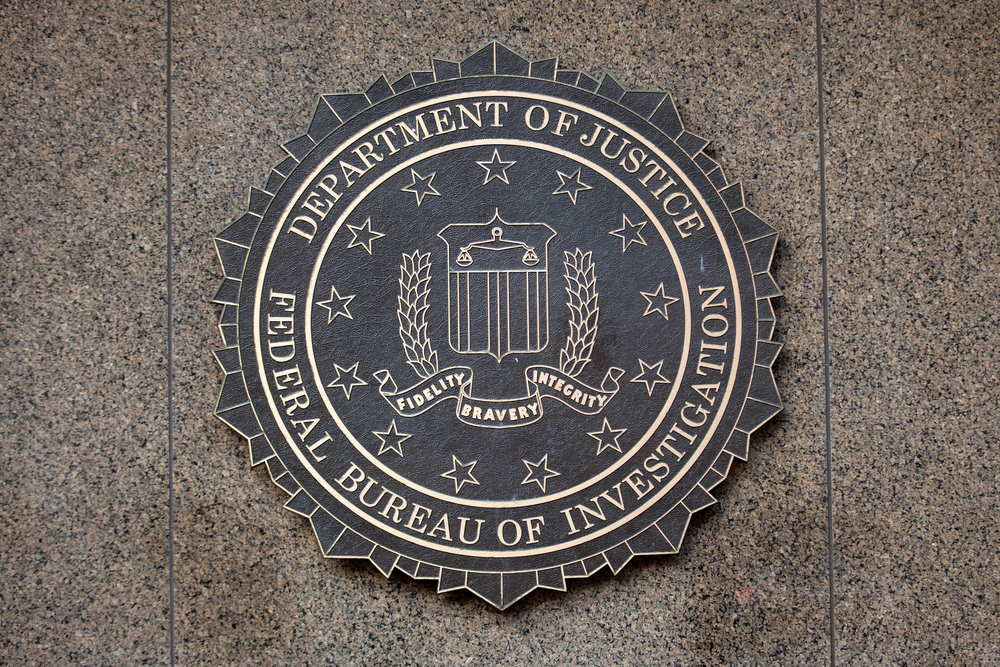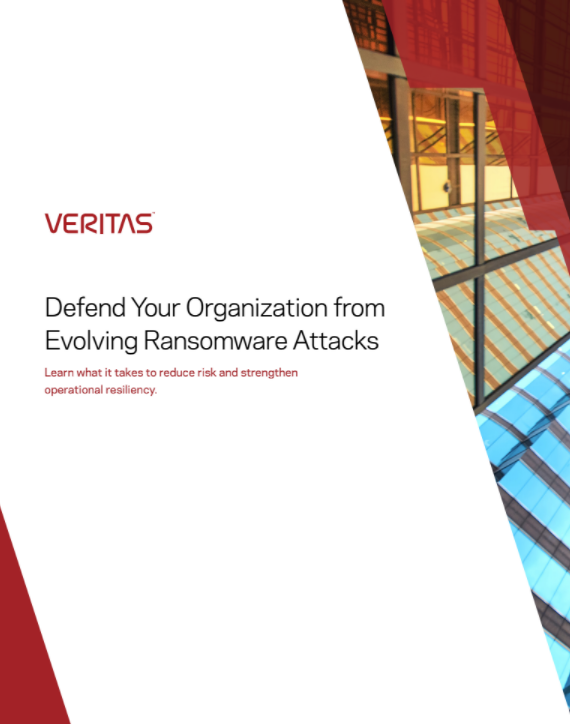FBI still frowns on ransomware payments
Even though major companies are paying millions in ransom, the FBI’s policy hasn’t changed

In just the past month, major companies have made multimillion-dollar payments to ransomware hackers to get their systems back online. But even so, the FBI still discourages ransomware victims from paying up.
"It is our policy, it is our guidance, from the FBI, that companies should not pay the ransom for a number of reasons," FBI director Christopher Wray testified Thursday before the House Judiciary Committee.
For one thing, the FBI believes paying these ransoms only encourages more cyber attacks. For another thing, companies or governments that pay millions to hackers still might not get their data back, "and that's not unknown to happen," Wray said.
Ransomware is one of the biggest cyber security threats facing businesses today. It's a type of malware that attackers can use to lock a device or encrypt its contents so they can extort money from the owner or operator.
Given its potential to deliver a high return on investment and the relative ease at which it can spread, this type of attack has become extremely popular among cyber criminals.
Just recently, two major ransomware cases have illustrated the dangers:
On Wednesday, JBS Foods, the world's largest meat processor, confirmed it paid an $11 million ransom to hackers who compromised its IT systems late last month. The company, which produces close to a quarter of the US' beef, fell victim to a ransomware attack on May 30. The firm was forced to suspend all affected systems and, in some areas, shut down production for 24 hours.
Get the ITPro daily newsletter
Sign up today and you will receive a free copy of our Future Focus 2025 report - the leading guidance on AI, cybersecurity and other IT challenges as per 700+ senior executives
Last month, Colonial Pipeline, which transports nearly half the fuel consumed on the East Coast, confirmed the company paid $4.4 million to cyber criminals who launched a ransomware attack against it earlier in the month.
The Department of Justice ended up recovering $2.3 million of that ransomware payment by tracking Bitcoin transfers.
FBI Director Wray told Congress on Thursday that, in addition to helping companies that way, the FBI has sometimes obtained hackers' encryption keys and unlocked the seized data without paying a dime.
RELATED RESOURCE

Defend your organisation from evolving ransomware attacks
Learn what it takes to reduce risk and strengthen operational resiliency
"There are a whole bunch of things we can do to prevent this activity from occurring, whether they pay the ransom or not, if they communicate and coordinate and work closely with law enforcement right out of the gate," he said. "That's I think the most important part."
Last week, the Justice Department announced it was elevating ransomware investigations to a similar status as terrorism. Internal guidance sent to US attorney's offices across the country said ransomware investigations in the field should be centrally coordinated with a new task force in Washington, DC.
-
 Bigger salaries, more burnout: Is the CISO role in crisis?
Bigger salaries, more burnout: Is the CISO role in crisis?In-depth CISOs are more stressed than ever before – but why is this and what can be done?
By Kate O'Flaherty Published
-
 Cheap cyber crime kits can be bought on the dark web for less than $25
Cheap cyber crime kits can be bought on the dark web for less than $25News Research from NordVPN shows phishing kits are now widely available on the dark web and via messaging apps like Telegram, and are often selling for less than $25.
By Emma Woollacott Published
-
 ‘Phishing kits are a force multiplier': Cheap cyber crime kits can be bought on the dark web for less than $25 – and experts warn it’s lowering the barrier of entry for amateur hackers
‘Phishing kits are a force multiplier': Cheap cyber crime kits can be bought on the dark web for less than $25 – and experts warn it’s lowering the barrier of entry for amateur hackersNews Research from NordVPN shows phishing kits are now widely available on the dark web and via messaging apps like Telegram, and are often selling for less than $25.
By Emma Woollacott Published
-
 Healthcare systems are rife with exploits — and ransomware gangs have noticed
Healthcare systems are rife with exploits — and ransomware gangs have noticedNews Nearly nine-in-ten healthcare organizations have medical devices that are vulnerable to exploits, and ransomware groups are taking notice.
By Nicole Kobie Published
-
 Alleged LockBit developer extradited to the US
Alleged LockBit developer extradited to the USNews A Russian-Israeli man has been extradited to the US amid accusations of being a key LockBit ransomware developer.
By Emma Woollacott Published
-
 February was the worst month on record for ransomware attacks – and one threat group had a field day
February was the worst month on record for ransomware attacks – and one threat group had a field dayNews February 2025 was the worst month on record for the number of ransomware attacks, according to new research from Bitdefender.
By Emma Woollacott Published
-
 CISA issues warning over Medusa ransomware after 300 victims from critical sectors impacted
CISA issues warning over Medusa ransomware after 300 victims from critical sectors impactedNews The Medusa ransomware as a Service operation compromised twice as many organizations at the start of 2025 compared to 2024
By Solomon Klappholz Published
-
 Warning issued over prolific 'Ghost' ransomware group
Warning issued over prolific 'Ghost' ransomware groupNews The Ghost ransomware group is known to act fast and exploit vulnerabilities in public-facing appliances
By Solomon Klappholz Published
-
 The Zservers takedown is another big win for law enforcement
The Zservers takedown is another big win for law enforcementNews LockBit has been dealt another blow by law enforcement after Dutch police took 127 of its servers offline
By Solomon Klappholz Published
-
 There’s a new ransomware player on the scene: the ‘BlackLock’ group has become one of the most prolific operators in the cyber crime industry – and researchers warn it’s only going to get worse for potential victims
There’s a new ransomware player on the scene: the ‘BlackLock’ group has become one of the most prolific operators in the cyber crime industry – and researchers warn it’s only going to get worse for potential victimsNews Security experts have warned the BlackLock group could become the most active ransomware operator in 2025
By Solomon Klappholz Published